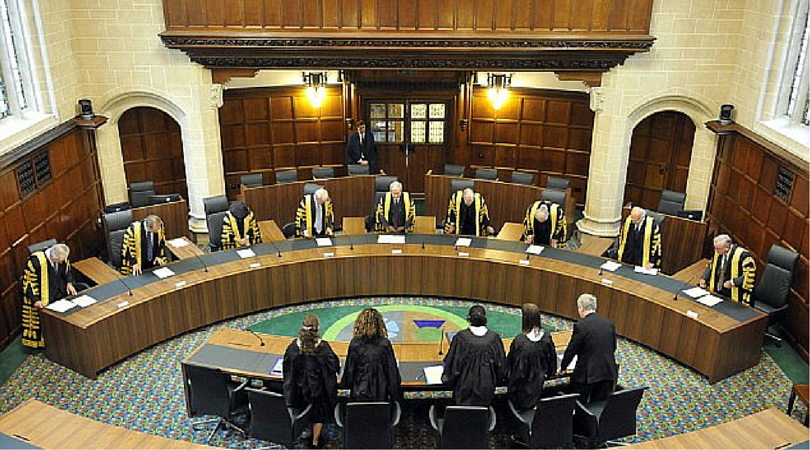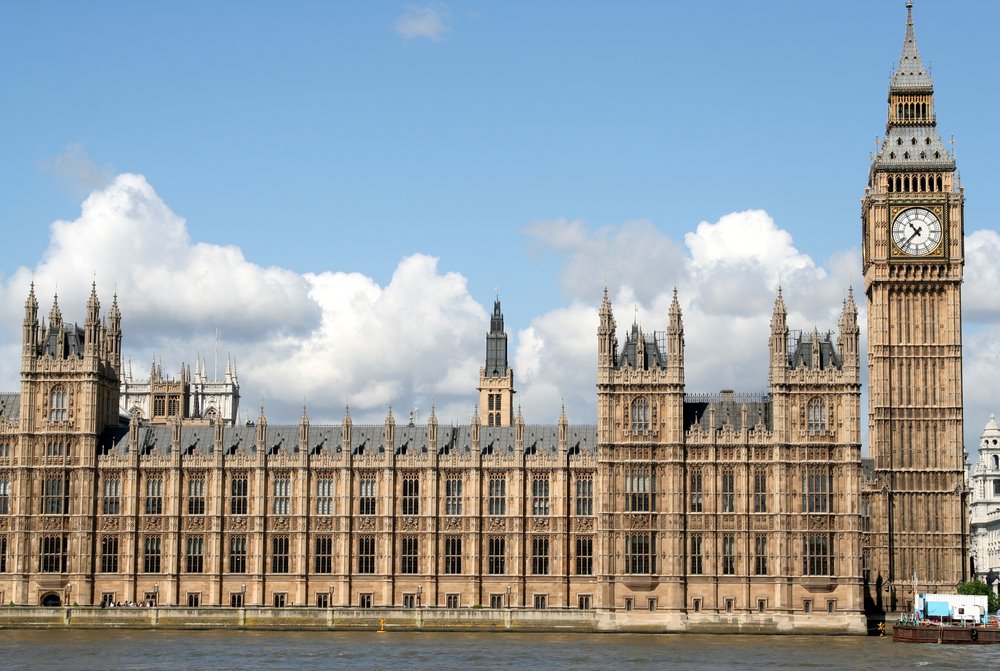
Rating appeals struck out as an “abuse of process”
The Upper Tribunal (Lands Chamber) has struck out two appeals by ratepayers in cases where the rating assessment of the appeal property had previously been agreed by the ratepayer concerned. The appeals that were struck out were considered by the Tribunal to be an abuse of process, and to have no chance of success in the light of the earlier agreements in respect of the properties concerned. But an appeal by a new ratepayer in respect of one of these properties was not struck out, because the new ratepayer was not bound by the agreement made by its predecessor. Ratepayers seeking to make “interim agreements” will need to consider these cases carefully. ...Read More









